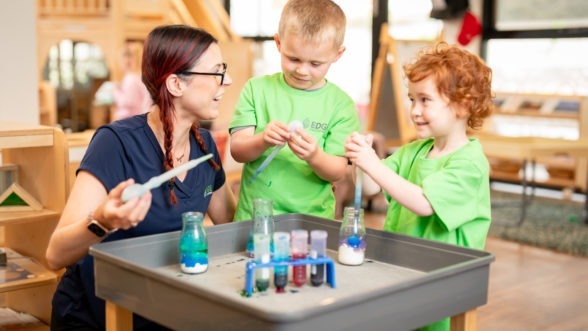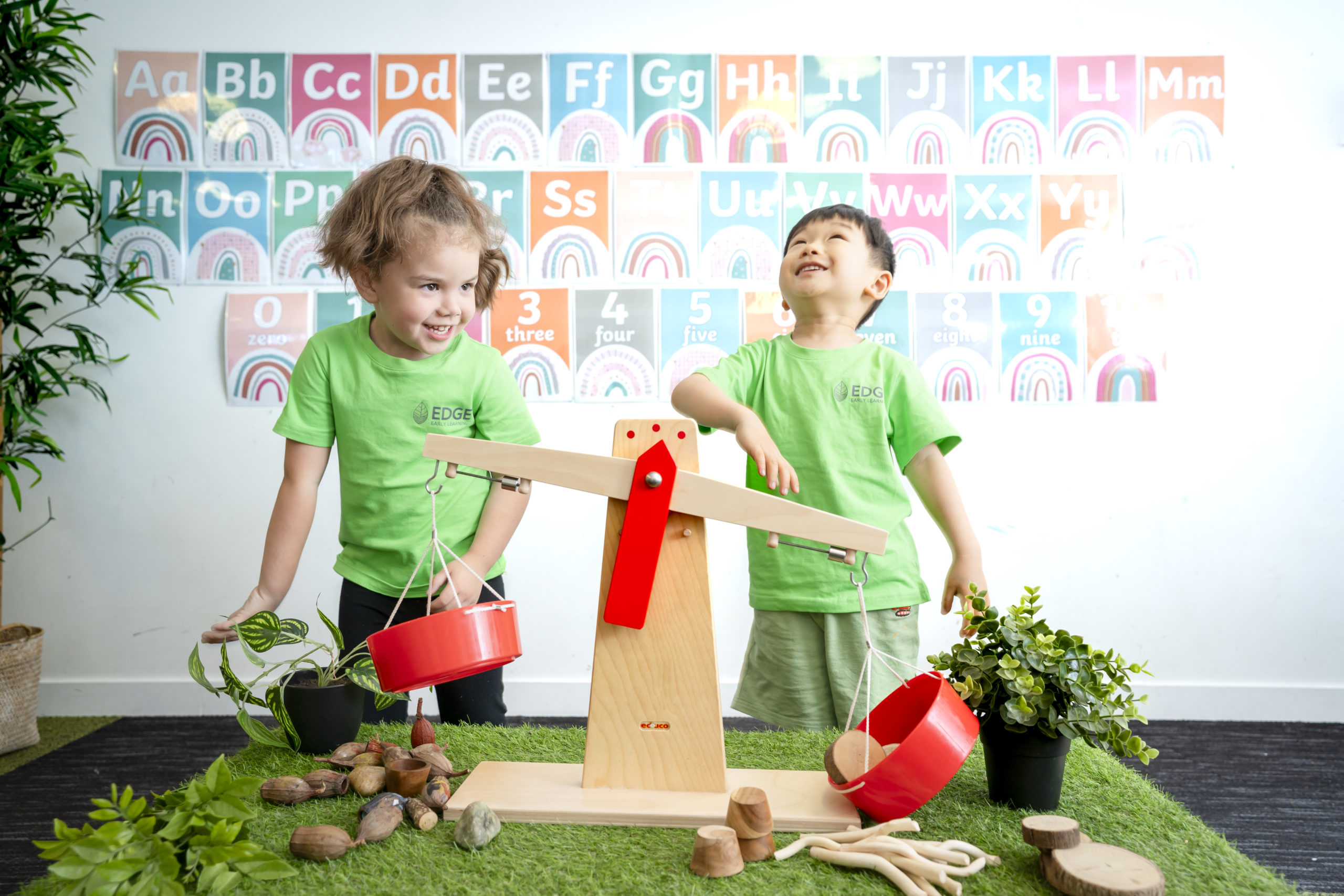
Education, Top News
Education
12 February, 2025

Why are problem-solving skills important?
Childhood may seem idyllic: someone else provides all your meals, cleans up after you, drives you where you need to go and every day revolves around play – bliss! But kids do face problems too. Hopefully, they’re the small ones such as: “I can’t find my shoes”; “I spilled my snack”; “the red texta is out of ink”; or “someone is playing with the toy I want”. These child-sized problems often result in tears or even major meltdowns, but there are some great activities children can do to build their problem-solving skills, which gives them the confidence to have a go at tackling life’s minor hurdles on their own. This in turn boosts children’s self-esteem and mental wellbeing.
What are problem-solving skills?
Problem-solving is the ability to recognise a problem and take steps toward finding a solution. When children are faced with a problem, often their emotions take over and they may shout, stomp their feet, burst into tears, or throw something in frustration. Some children may choose to avoid difficult situations, which can limit their opportunities for learning. There are steps we can teach children to help them in these situations:
Recognise your feelings: Encourage children to describe how they’re feeling and help them name the emotion. Let them know their feelings are valid;
Think creatively: Brainstorm possible solutions together;
Think critically: Analyse your options and test them out to try to tackle the problem, and;
Evaluate: Discuss whether the solution was effective and what could be done differently next time. Reinforce that it’s ok to fail. Praise persistence.
Problem-solving activities for toddlers and preschoolers:
There are a range of problem-solving activities for preschoolers and younger children to build the foundations for creative and critical thinking, including:
Problem-solving activities for kids:
Engaging in problem-solving games for kids can be a fun way to develop problem-solving skills. Try:
How Edge Early Learning supports Children to develop problem-solving skills
Our educators provide children with a range of opportunities to develop problem-solving skills through play within our early education curriculum. Children are encouraged and supported to work through age-appropriate problems to find solutions.